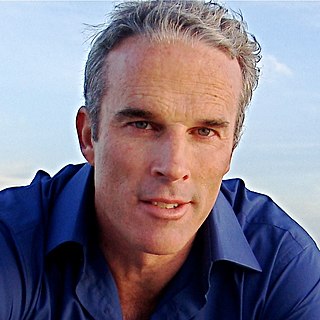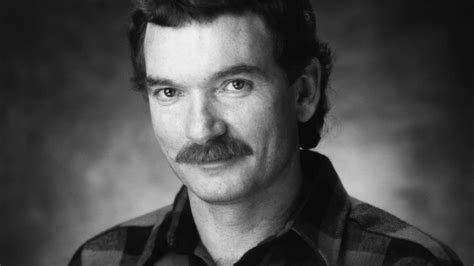A Quote by Edgar Mitchell
At the beginning of the 20th century, there were less than 3 billion people on the earth, closer to 2 billion. By all measures that we can come up with right now,. with the lifestyle and consumption pattern of the Western industrial civilization, we can probably sustain about 2 billion people on this earth. We already have over 6 billion. China and India are aspiring to come on as industrial nations, aspiring to the lifestyle of the Western world, and it simply can't happen.
Related Quotes
Mother Earth is in pain and ailing - bglobal warming. The world is dealing with issues of immigration, deindustrialization, and poverty. When I was born, there were 2.5 billion people living on the whole planet. Now there are 2.5 billion people living on less than $2 a day. That's the kind of reality we have to deal with.
Only rarely do we see beyond the needs of humanity, and he linked this blindness to our Christian and humanist infrastructure. It arose 2,000 years ago and was then benign, and we were no significant threat to Gaia. Now that we are over six billion hungry and greedy individuals, all aspiring to a first-world lifestyle, our urban way of life encroaches upon the domain of the living Earth.
I always give the analogy of the Earth at Night picture, of 7.3 billion of us, right? And everyone says, "Well, that's population." Well, if you took the entire world's population and you lived at the density of Manhattan proper - not a bad place to live - how much space do 7.3 billion people take up? The state of Colorado. At which point I end my lectures, because I want you to be thinking ... is this really a question of population, or is this a question of land use and resource consumption? And let's face it, the top 1.3 billion of us are doing all the damage. Sorry.
If we could magically transport ourselves back to the young Earth, when it was only a billion years old or two billion years old or three billion years old or four billion years old, we wouldn't be able to survive. We would have a hard time surviving if we were transported to the time when dinosaurs were around.
I think that they hoped the private sector would come in. And the private sector tried to come in until they saw the size of the problem. I mean, from were people on that weekend that thought they'd had a solution. And then the hole kept getting bigger and bigger. And all of a sudden became apparent that 20 billion wouldn't do it and 30 billion wouldn't do it and 40 billion wouldn't do it. So it got beyond anybody's ability to certainly to do it in a short period of time.

































